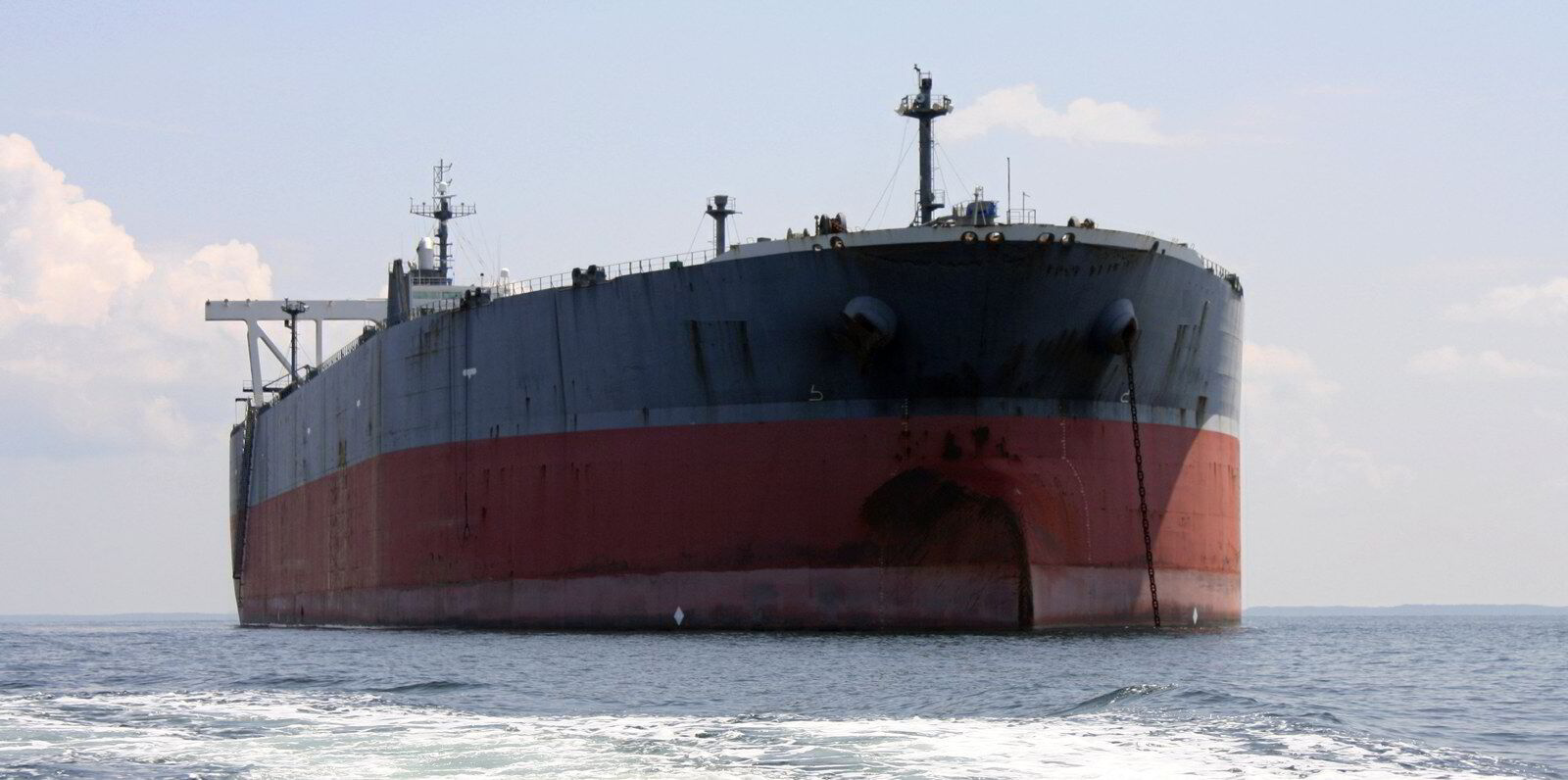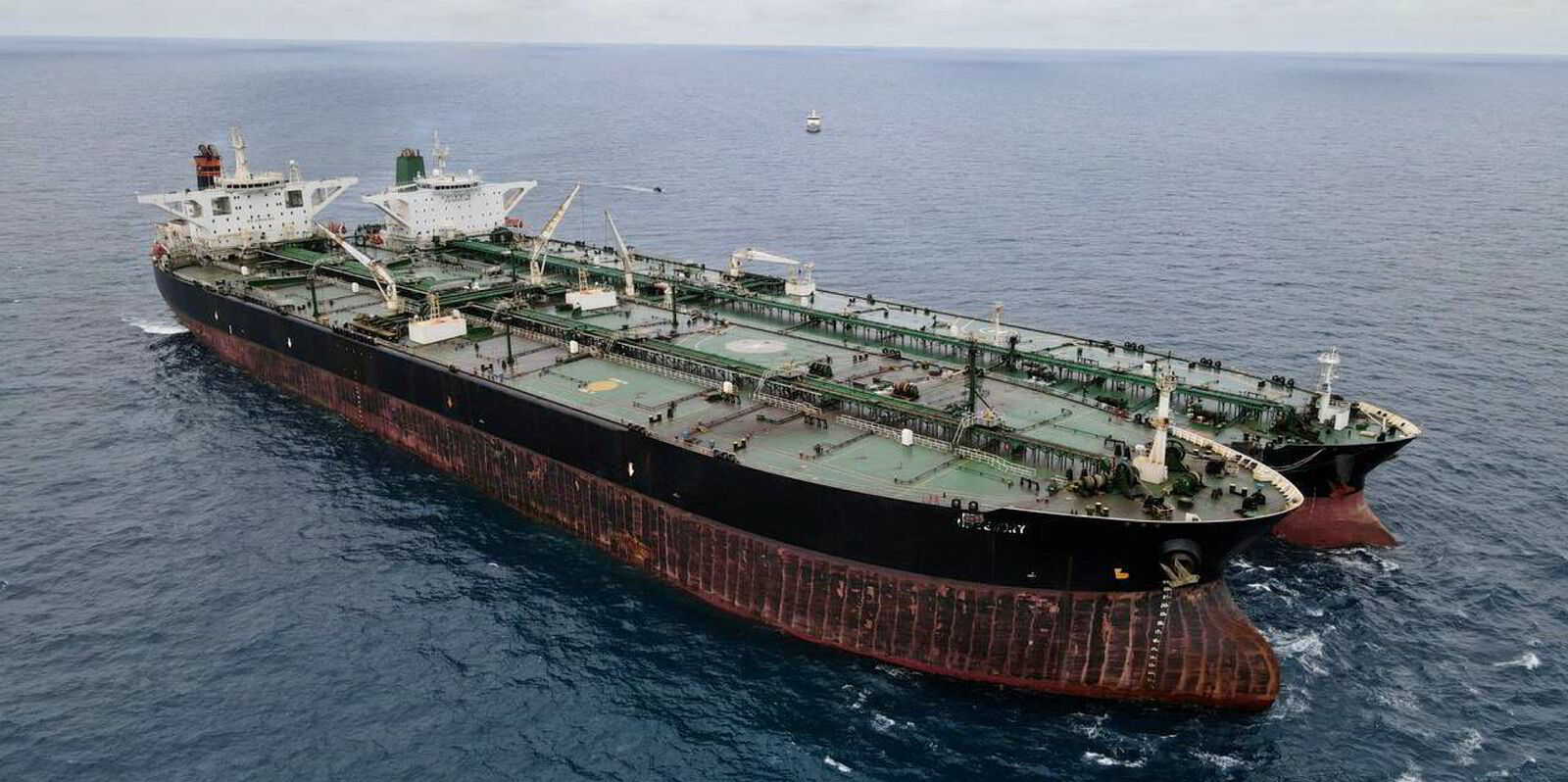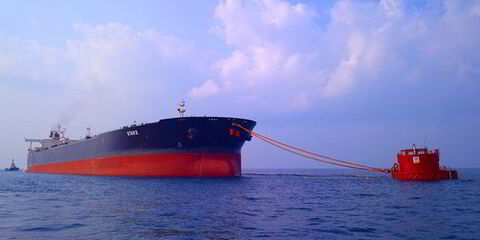Shandong Port Group’s (SPG) decision to ban US-sanctioned vessels from its facilities still leaves Iran with plenty of options, according to Gibson Shipbrokers.
While arguing the move will be positive for the tanker market overall, the UK broker said the ban immediately blocks 42 VLCCs it identified as having carried Iranian oil to China via SPG ports.
But there are a series of replacements waiting in the wings.
“Overall, we count more [than] 194 VLCCs undertaking illicit activity, suggesting at least to some extent that these vessels can be swapped, provided they are not on the Ofac list,” Gibson said in a note.
Ofac is the Office of Foreign Assets Control, the arm of the US Department of the Treasury tasked with maintaining the country’s economic sanctions list.
Iran and its buyers in China could also turn to ship-to-ship transfers to ensure the final leg of the voyage is taken on non-sanctioned vessels, the broker said.
Still, it noted the sanctions list is expected to grow and that 194 number could shrink.
The vast majority of Iranian crude oil exports go to China and Gibson said those imports together with Russian and Venezuelan cargoes make up 62% of Chinese crude imports.
The move by state-owned SPG has largely been welcomed by tanker market observers, with many looking towards stricter sanctions from the US to lower Iranian oil exports and boost the above-board tanker market.
“For the mainstream oil and tanker market, the hope is that the new port ban provides another barrier to trading sanctioned crude and ships, shifting demand from ‘dark’ to ‘light,’” Gibson said.
“While it may be difficult to gauge the magnitude of the development, it is hard to see anything, but upside for the mainstream tanker market.”
Earlier in the week, the US warned it had 100 tankers in its sanctions sights, although those expected blacklistings would be moves to curtail Russian oil exports, not Iranian.
It is also unclear when the SPG ban will come into effect, shipbroker Braemar said.
The move seemed to surprise the Chinese government.
A spokesperson from the Chinese foreign ministry said on Thursday that the agency was unaware of the move while noting its opposition to US sanctions.
“China has always firmly opposed the lack of international law on the part of the US, illegal unilateral sanctions and long-arm jurisdiction without UN Security Council authorisation,” the spokesperson said, according to Reuters.(Copyright)






